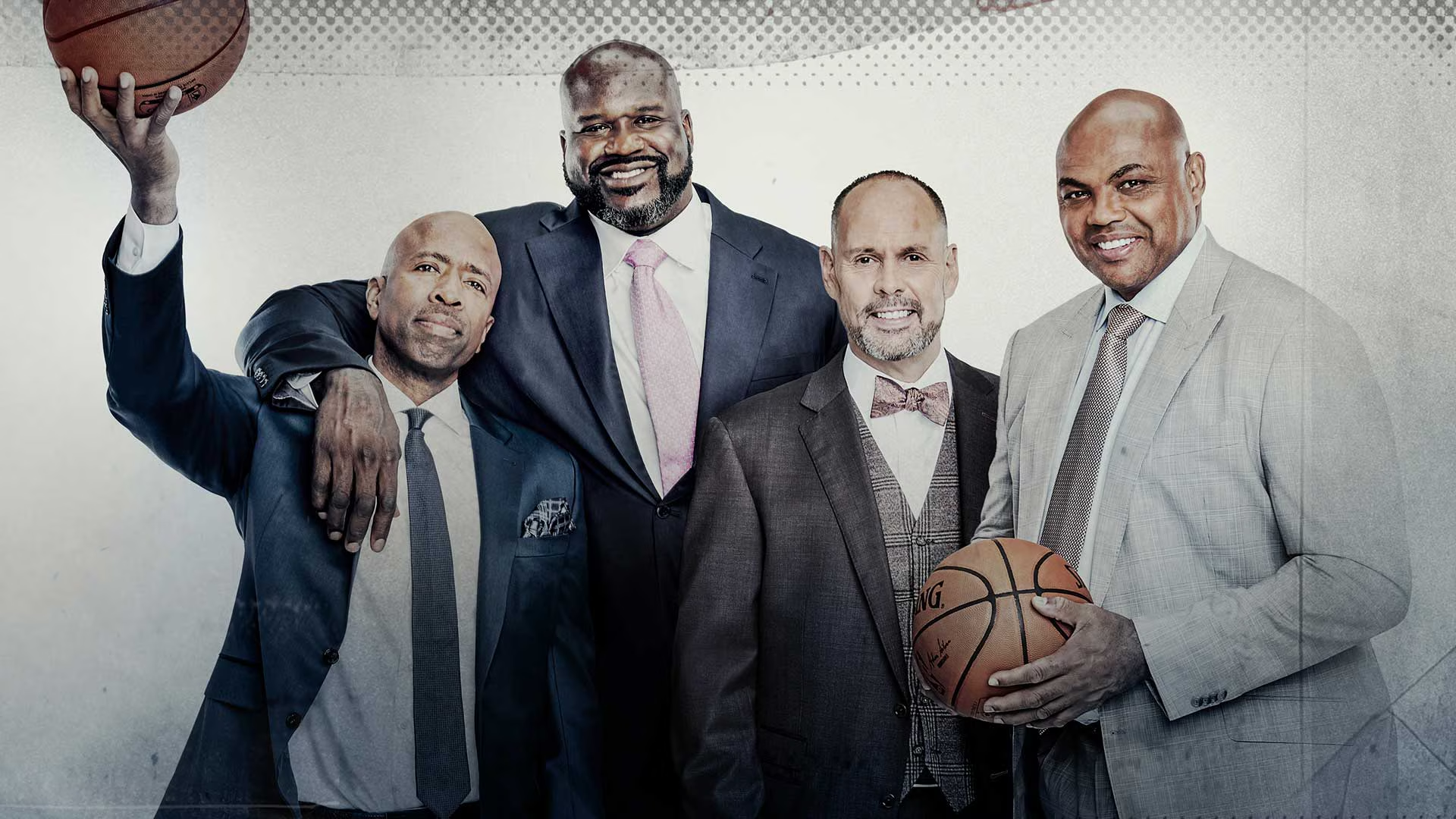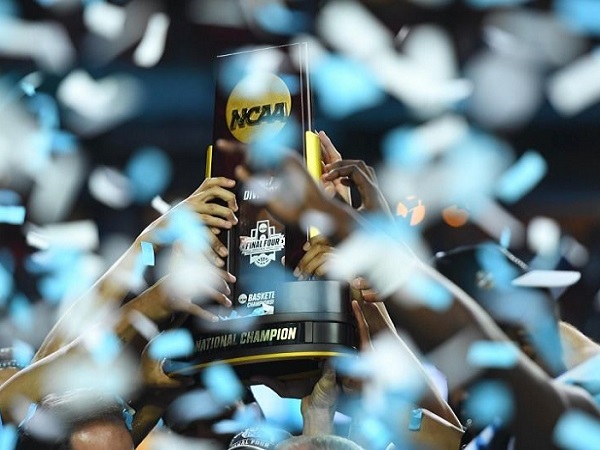In the high-stakes world of professional football, success often hinges on strategic decision-making both on and off the field. One critical aspect of this strategic planning involves the quarterback position, the fulcrum around which a team’s fortunes often pivot. While it may seem counter intuitive to contemplate replacing a seasoned quarterback, particularly one like Kirk Cousins, it’s a move that prudent teams must consider, even if it means parting ways with a high-priced player. The Falcons just signed Cousins to a four 180 million dollar contract but it’s only fully guaranteed for the first two years. They shocked the NFL Draft by selecting quarterback Micheal Penix Jr out of Washington with their 8th pick.
Cousins, despite his talent, has faced scrutiny for his playoff record, sitting at 1-3 as a playoff starter. He’s also coming off an achilles injurt. This raises questions about his ability to lead a team to postseason success, making it imperative for his team to explore long-term solutions at the position. History offers valuable lessons in this regard, with examples like Drew Brees and Derek Carr illustrating the benefits of proactive quarterback succession planning.

Photo Cred: The 33rd Team
When Brees joined the New Orleans Saints in 2006, he carried with him an 0-1 playoff record from his time with the San Diego Chargers. However, under the Saints’ guidance, Brees flourished, leading the team to a Super Bowl title and amassing a 4-1 playoff record during his tenure. Similarly, Derek Carr, initially struggling with a 0-1 playoff record through nine seasons, found renewed success with the Las Vegas Raiders, underscoring the potential for growth and achievement with the right support system. But what if the Cousins ear doesn’t work out?
Critics may argue against such forward-thinking strategies, dismissing them as shortsighted or unnecessary. However, a closer examination of NFL history reveals the perils of failing to plan for the future. Teams like the Pittsburgh Steelers, New England Patriots, Atlanta Falcons, Denver Broncos, New York Giants, and New Orleans Saints have all experienced varying degrees of post-quarterback transition challenges, often resulting in periods of mediocrity or decline. If Cousins does well, the team could trade him like the Green Bay Packers did with Aaron Rodgers who was in his late 30’s. Penix can start in 2 years and all of the Falcons skill players will be in their 20’s.
Franchises that have implemented succession plans have reaped the rewards of seamless transitions. The Kansas City Chiefs smoothly transitioned from Alex Smith to Patrick Mahomes, the Green Bay Packers from Brett Favre to Aaron Rodgers and Aaron Rodgers to Jordan Love. More recently, the Baltimore Ravens from Joe Flacco to Lamar Jackson. These examples underscore the importance of grooming young talent behind established quarterbacks, ensuring continuity and competitiveness in the long term.
Planning for succession doesn’t necessarily mean immediately replacing an incumbent quarterback. Instead, it involves identifying and developing promising prospects who can eventually assume the mantle of leadership. By trading Kirk Cousins, akin to the Packers’ approach with Brett Favre, teams can position themselves for sustained success, with a talented roster of players in their prime.
In conclusion, while it may seem unconventional to contemplate quarterback succession plans, particularly with established players like Kirk Cousins, it’s a strategic imperative for teams committed to sustained success. By learning from past successes and failures, and by embracing a forward-thinking approach to roster management, teams can navigate quarterback transitions with confidence, ensuring their continued relevance in a fiercely competitive league.


























